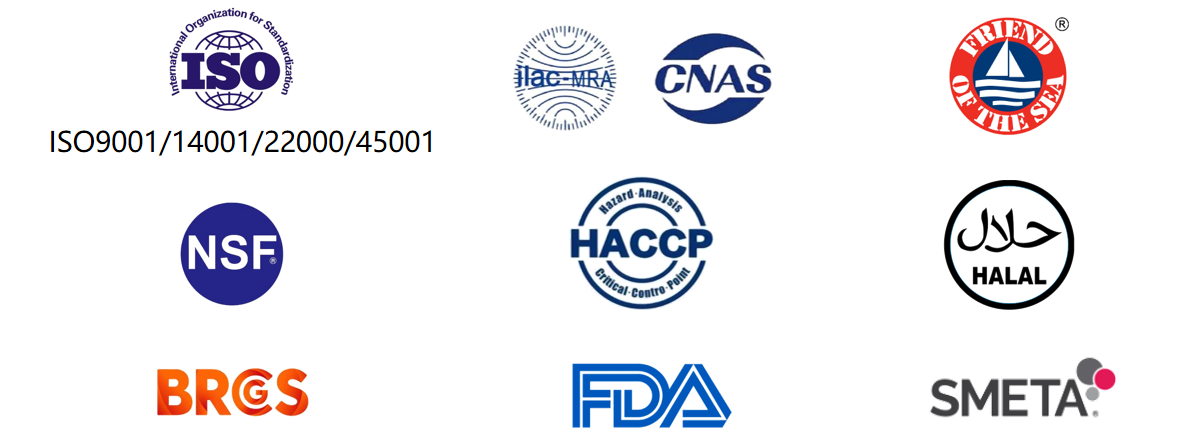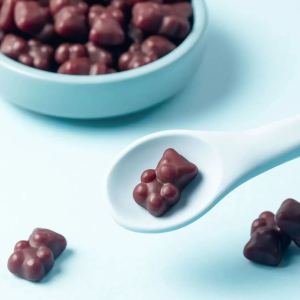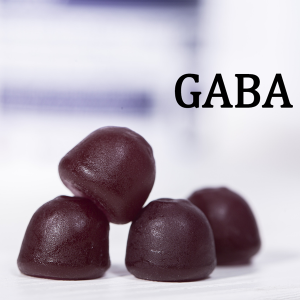| Basic Information | |
| Product name | DHA Gummies |
| Other names | Algae oil Gummy,Algae oil DHA Gummy,Omega-3 Gummy,etc. |
| Grade | Food grade |
| Appearance | As the customers requirements.Mixed-Gelatin Gummies, Pectin Gummies and Carrageenan Gummies.
Bear shape,Berry shape,Orange segment shape,Cat paw shape,Shell shape,Heart shape,Star shape,Grape shape and etc. are all available. |
| Shelf life | 1-3 years, subject to store condition |
| Packing | As customers' requirements |
| Condition | Preserve in tight containers,protected from light. |
Description
DHA, docosahexaenoic acid, commonly known as brain gold, is a polyunsaturated fatty acid that is very important to the human body and is an important member of the Omega-3 unsaturated fatty acid family. DHA is a major element for the growth and maintenance of nervous system cells. It is an important fatty acid that constitutes the brain and retina. Its content in the human cerebral cortex is as high as 20%, and it accounts for the largest proportion in the retina of the eye, accounting for about 50%. It is essential for the development of baby's intelligence and vision. DHA algae oil is extracted from marine microalgae. It has not been passed through the food chain and is relatively safer. Its EPA content is very low.
Function
For infants and young children
DHA extracted from algae is purely natural, plant-based, with strong antioxidant capacity and low EPA content; while DHA extracted from deep-sea fish oil is more active in nature, easily oxidized and denatured, and has extremely high EPA content. EPA has the effect of lowering blood lipids and diluting blood, so DHA and EPA extracted from deep-sea fish oil are beneficial to the elderly and adults. The DHA extracted from seaweed oil is most beneficial to the absorption of infants and young children, and can effectively promote the development of the baby's retina and brain. Academic circles agree that algae oil DHA is more suitable for infants and young children.
To the brain
DHA is one of the important substances for human brain development and growth.
DHA accounts for about 97% of the omega-3 fatty acids in the brain. To maintain the normal functions of various tissues, the human body must ensure sufficient amounts of various fatty acids. Among various fatty acids, linoleic acid ω6 and linolenic acid ω3 are the ones that the human body cannot produce by itself. Synthetic, but must be ingested from food, called essential fatty acids. As a fatty acid, DHA is more effective in enhancing memory and thinking ability, and improving intelligence. Population epidemiological studies have found that people with high levels of DHA in their bodies have stronger psychological endurance and higher intellectual development indexes.
To eyes
Accounting for 60% of the total fatty acids in the retina. In the retina, each rhodopsin molecule is surrounded by 60 molecules of DHA-rich phospholipid molecules.
Enables retinal pigment molecules to improve visual acuity.
Helps with neurotransmission in the brain.
For pregnant women
Pregnant mothers supplementing DHA in advance not only has an important impact on fetal brain development, but also plays an important role in the maturation of retinal light-sensitive cells. During pregnancy, the content of a-linolenic acid is increased by ingesting foods rich in a-linolenic acid, and the a-linolenic acid in maternal blood is used to synthesize DHA, which is then transported to the fetal brain and retina to increase the maturity of nerve cells there.
Applications
DHA plays an important role in a person's life, and the following groups of people especially need additional supplements:
Pregnant women, nursing mothers, infants, children and teenagers.









